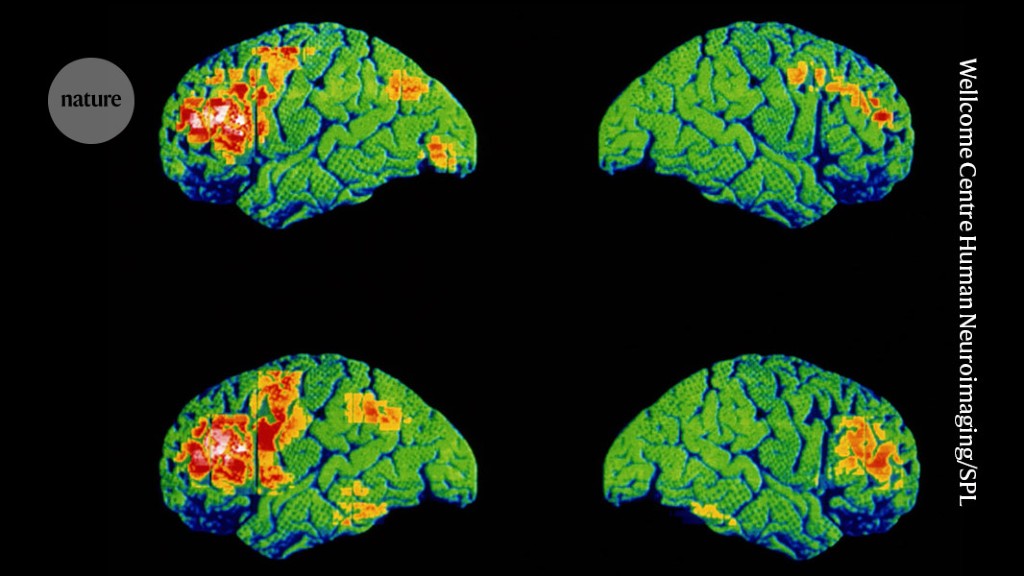NEW STUDY FINDS: COMPUTER PROGRAMMES FOR SCHIZOPHRENIA TREATMENT HAVE A LONG WAY TO GO!
Research has shown that computer algorithms used to help treat people with schizophrenia might not be as reliable as we once thought. These algorithms, which use artificial intelligence to predict responses to various treatments, were found to be accurate only when tested on a sample they were trained on. However, performance dropped significantly when applied to subsets of the initial sample or to different data sets. Talk about a major letdown!
According to a recent study published in Science, an algorithm commonly used in psychiatric prediction models was tested using data from five clinical trials of antipsychotic drugs. The algorithm was trained to predict improvements in symptoms over four weeks of antipsychotic treatment, which is a pretty big deal if you ask us. The accuracy was high when tested on the trials it was developed on, but the results took a serious nosedive when the model was tested on fresh, unseen data. Who knew science could be so unpredictable?
The study’s authors say that these findings highlight the need for rigorous testing of clinical prediction models on large data sets to ensure they are reliable. They even suggest that we should think of this more like drug development – and that’s some serious stuff. These need to be tested and tested again to make sure they hold up.
Do you think computer programs should be used more selectively in psychiatric treatments? Could this change how doctors choose to treat patients in the future? Let us know what you think in the comments!
IntelliPrompt curated this article: Read the full story at the original source by clicking here a fun game: sprunki horror

